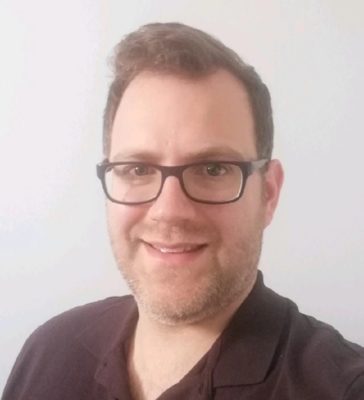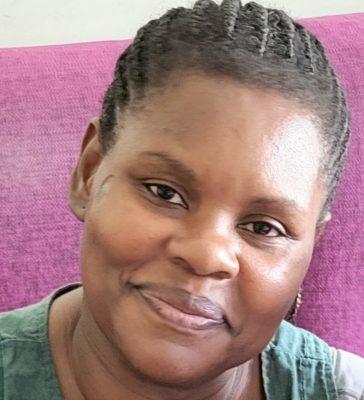
Scarlett Kynoch
Current Employer/Organisation Name
NHS England
What have you been doing since leaving Exeter, and what are you doing now?
I have been working for NHS England’s graduate scheme in the data service department. I undertook a 5-month placement where I helped develop a codebase that would be used to generate Artificial data of NHS data assets. I also had the opportunity to attend a synthetic data conference, and present a poster at the first Health and Care Analytics conference. My next 5-month placement was a software developer for the secure data environment platform. In this project I made alterations to the front-end (using React and Typescript) and back-end (using Python and terraform to deploy AWS services.) Lastly I am currently in my last placement which is part of a data science team who undertake a range of innovative data science projects.
Why did you choose this career? And what do you enjoy most about your work?
I chose this career because I felt it was a perfect blend of problem-solving and using medical knowledge from my degree. I have always been passionate about the power and use cases of data to help support medical advances, and felt this role would allow me to do this without having to consider doing a PHD.
Please tell us if you were a member of any societies, groups or sports clubs?
I took up a range of different sport societies while in Exeter, including tennis, squash, dance, and pole. (not continuously the whole time I was there.) I also co-founded the Neuroscience society and was the first president of the society.
What did you enjoy most about your programme and what was the biggest highlight?
For Neuroscience I really enjoyed learning both about human physiology and in general the neurobiology and psychology of the brain. It has always been a topic that fascinates me, and it’s information I continuously read up on now. For the Health Data Science MSc, I really enjoyed how coursework based everything was. It felt like I was constantly being exposed to a range of different applicable situations where data science can be applied, and this is quite similar to the work I do now. (Although tend to be more long-term projects.)
What did you enjoy most about studying here?
I enjoyed the support, the amount of opportunities I had, and the friends I made while in Exeter.
Why did you choose to study at Exeter?
Initially I chose to study Mathematics at Exeter and because I hadn’t done a further Maths A-level I was really restricted with where I could apply. The reason I stayed at Exeter was because I felt the neuroscience course offered at Exeter had a lot of interesting modules – and it wasn’t all neuroscience focused but was also focused on general medical sciences too.
What skills and experiences have been most useful for your career?
The medical knowledge I learnt at Exeter has been very useful because in a lot of incidences when working with different medical datasets I already have quite a good understanding of some terminology, and if not I have the skillset to be able to read up on it and pick this up quickly. Moreover I have had to write abstracts, posters, statistical reports, and I practised a lot of this while at Exeter. Lastly the amount of opportunities where I have undertaken coding projects, including a neuroscience modelling module, my dissertation on the activity of a type of neuron in an Alzheimer’s disease model mouse, and the range of data science projects undertaking in my masters.
What advice would you give to a current student who wishes to pursue your career?
Start coding. I know coding at first can feel overwhelming and it was definitely something I felt when I first started. But the more your practice it, the more rewarding it is. I’d advice doing a small project if you can, or taken up an internship, or even going to a hackathon. Alot of 24-hour Hackathons are more about the idea then coding, so it can be a great way to get an idea of the field and network with people in that field. Also if there is a role/ company you are really interested in, try to reach out to individuals. When I applied to this grad scheme I spoke to someone who was currently on the grad scheme to ensure it was something I was interested in.
What are your plans for the future?
My plan is to finish the graduate scheme and hopefully get a band 7 as a data scientist.

